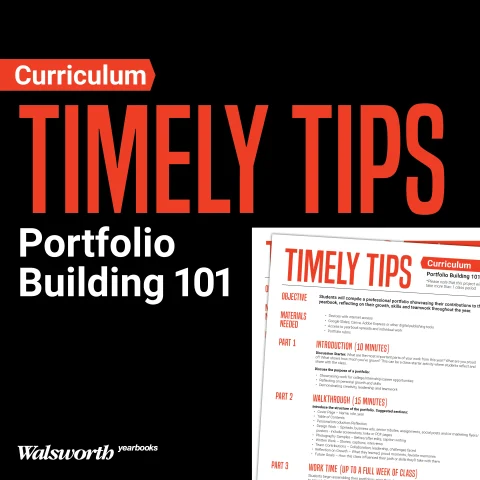1. Prepare a written agenda.
Make sure each member receives it before the meeting.
2. Make sure the place is ready.
Make the room as comfortable and as supportive of the group’s mission as possible. If seating, ventilation, temperature and lighting are optimal, people will listen and even take notes.
3. Provide all the necessary materials.
Place as many materials at each seat as is sensible to save distribution time.
4. Start on time.
Be a man/woman of your word. Reward those who arrive on time.
5. Preview the agenda with the group.
Create a clear mental image of the specific outcome desired on each item so you’ll all be working toward the same goal.
6. Move through the agenda in the sequence specified.
Allocate time commensurate with the relative importance of each agenda item..
7. Prevent members from digressing.
Stick as closely as possible to the agenda.
8. Don’t allow any single member to monopolize the discussion.
Seek contributions from everyone; try to draw out reticent members.
9. Listen carefully to everything.
You may be the only one who does!
11. If you sense members aren’t communicating, seek clarification and elaboration.
Don’t allow confusion and misunderstanding to gain momentum. Help people to be understood, if you have to.
12. Provide interim summaries.
During lengthy discussions, summarize the group’s progress to that point.
13. Control conflict and hostility.
Make sure members disagree agreeably. Challenge and debate are healthy – hostility is not. Approach conflict squarely and honestly.
14. Create a climate where all members feel free to communicate openly and honestly.
Model the behavior you expect to see in your group members.
15. Conclude by summarizing what the group accomplished and what the next step will be.
Make certain everyone agrees on what was decided and on who has what responsibility for follow-up.
Meetings
Which is it?
“A camel is a horse designed by a committee; A meeting is a place where people take minutes and waste hours; A committee is a group of people who individually can do nothing and who jointly decide that nothing can be done.”
Or
“…meetings are a powerful medium for pooling individual talent and creating a product greater than the sum of its whole?”
Deep and Sussman
Smart Moves
Meetings
“When a tool is used efficiently, you conserve time and energy. When meetings are run efficiently, you conserve all the resources available to management: time, energy, money, facilities, materials and human effort.
Deep and Sussman
Smart Moves
Excerpted from Smart Moves by Deep and Sussman



